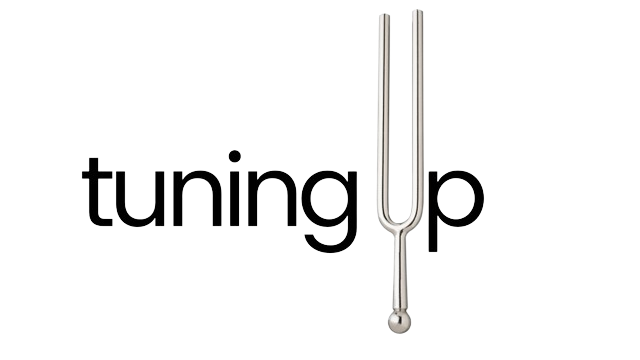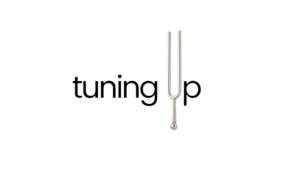Your cart is currently empty!
Bike sheds and Nuclear Power Stations

_________________________________________
This article relates to the themes explored in David Meikle’s new book, Tuning Up, in which he explores the impact of responsibility and control in relationships and how their varying levels influence productivity, quality, work satisfaction and stress.
You can find out more about Tuning Up here.
It’s available in Hardback here
As an e-book here
And a paperback here
_________________________________________
For as long as there have been creative agencies there has been a widespread frustration with client interference with creative work’s final stages and art direction, also known as the “make my logo bigger” syndrome. It’s a frustration I have experienced myself, and one that is oftentimes derived from the seeming insignificance of the clients’ requests, which often make work look worse and achieve little or anything at all.
This dynamic of the client-agency relationship illustrates what is also known as ‘bike shedding”, and is an entirely understandable phenomenon. To explain:
Cyril Northcote Parkinson was a British naval historian and prolific author. Parkinson wrote as many as 60 books and he introduced the world to Parkinson’s Law of Triviality.
Parkinson had observed a committee which was convened to approve plans for a nuclear power plant. Committee members avoided spending much time discussing the more important, difficult, and complicated issues relating to the power plant and spent more time discussing the materials they should use for the employees’ bike shed.
Hence Parkinson’s Law of Triviality states: The time spent on any item of the agenda will be in inverse proportion to the sum of money involved.
But why? What do the meddling clients and the nuclear power plant commissioners have in common?
First, they have ultimate responsibility for the task being fulfilled. One for the delivery of an ad campaign, the other for the building of a nuclear power station.
Second, they both have relatively little control over the main outcome. The marketing client usually isn’t a designer or typographer by trade so they have relied on their agency to recommend the layout and designs; the committee members building Parkinson’s power station will likely have known next to nothing about nuclear power stations and let alone their construction.
So, both had high responsibility (for the outcomes) and low control (over the means of achieving it) – which is a recipe for stress, or even its clinical definition.
To relieve this stress, we sometimes choose to give ourselves a sense of control – we find ways to make ourselves believe that we have at least contributed to the outcome for which we’re responsible even if we haven’t entirely determined it. It’s not dissimilar to wearing a “lucky” t-shirt when we’re watching our favourite football team play.
They are all means of giving ourselves a sense of control.
The more cynical among us might therefore find ways to allow clients or committees to contribute, alleviating their stress but channelling their contributions. Because it’s difficult for any of us to let go completely when the buck is going to stop with us, but sometimes that’s exactly the best thing to do.
As David Ogilvy put it, “Why have a dog and bark yourself?”
Align responsibility and control. Get the right people for the job, give them good reason to do it well, and then let them get on with it.
David Meikle. October 2023



